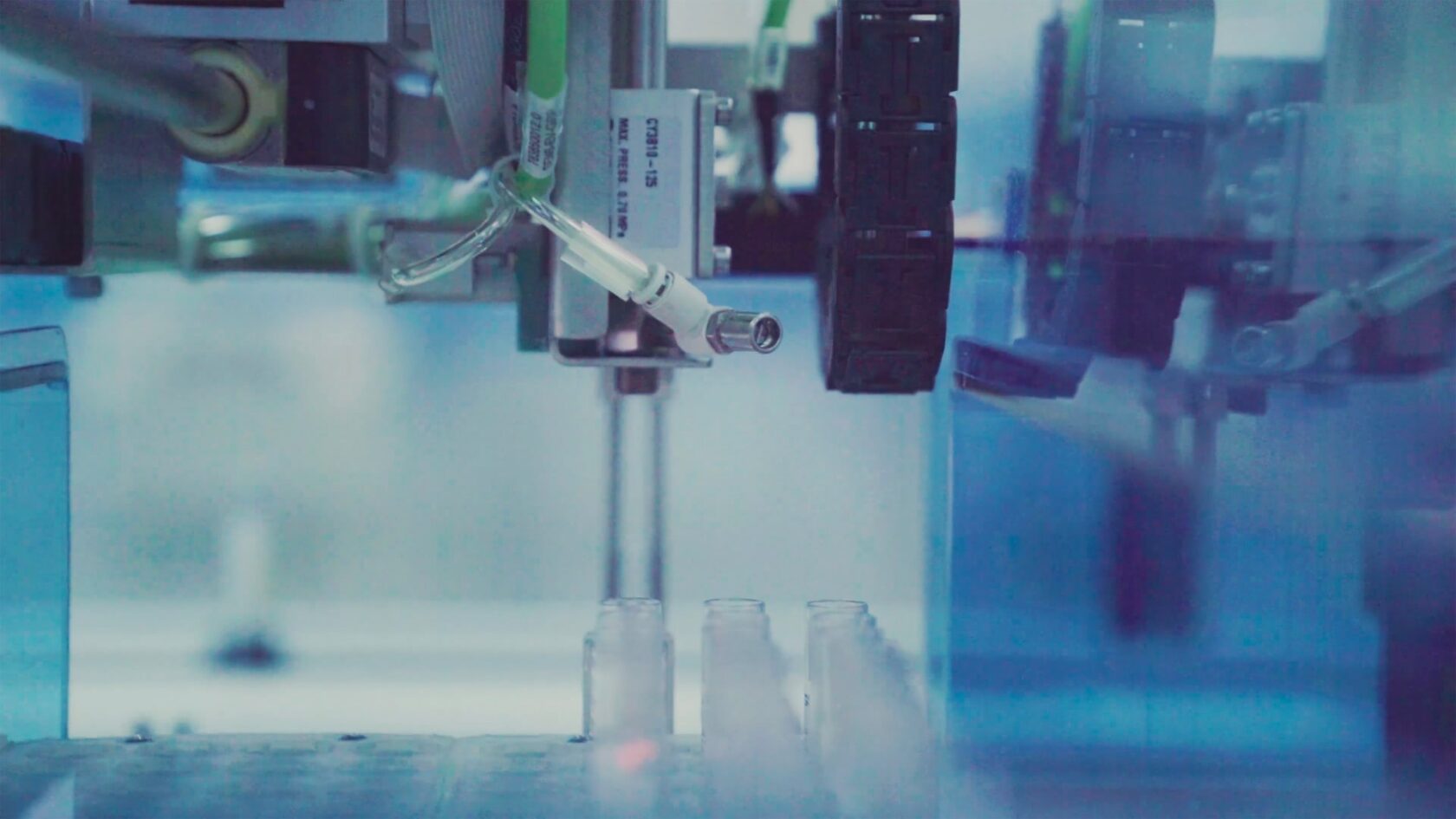
Patience is bitter, but its fruit is sweet
By Ann Constantino,
Photo by Testalize.me on Unsplash
Just a few short weeks ago, much of the Covid-19 news was focused on the shortage of mechanical ventilators, machines that breathe for a patient who can no longer breathe on their own. More ventilators seemed the only hope for saving many critical patients despite so many unknowns about the nature of the novel virus as well as the risks involved.
Ventilation treatment
Ventilators finally began to be supplied, but survival rates did not reflect the hopes placed on them.
It is usually a terrifying step for the patient and their family to accept ventilation as a treatment . Up to 80 percent of intubated Covid-19 patients never recover and are advised to say goodbye to their loved ones, most often on the phone due to isolation measures, before the procedure, as they will be losing the ability to speak for potentially the rest of their lives.
Then as more ventilators finally began to be supplied, survival rates did not reflect the hopes placed on them.
Doctors and researchers were somewhat puzzled observing this startling rate of morbidity, but new findings may be starting to explain at least in part what may be happening. Ventilators were not being successful at pumping oxygen into a patient’s lungs because the lungs were too clogged with tiny clots in the smallest blood vessels responsible for the transfer of oxygen into the bloodstream.
Prior to ventilation, a Covid-19 sufferer’s heart could wear itself out causing other problems as it worked harder and harder to pump oxygen into the clogged mess of the lungs. The ventilator could not manage much better.
Disease of the endothelium
Meanwhile younger people normally not at risk for dangerous clotting began presenting with stroke as a Covid-19 symptom, and a well-known actor, Nick Cordero, aged 41, recently had his leg amputated due to a large blood clot found in the limb.
A study recently published in the well-respected medical journal The Lancet postulates that perhaps the coronavirus is not in fact a disease of the lungs, but rather a disease of the endothelium, or inner lining of the blood vessels, often affecting the blood vessels of the lungs first due to their being the bug’s port of entry into the body.
This finding would account for not only the strokes suffered by those with virtually no risk of the event, but also for the impact of other disorders affecting the endothelium such as high blood pressure, heart disease, and diabetes correlating to higher rates of death from the disease.
Perhaps the coronavirus is not in fact a disease of the lungs, but rather a disease of the endothelium.
Perhaps also contributing to the widespread clotting, which has been found in the lungs, kidneys, heart and small intestine, is an auto-immune response known as a cytokine storm, an inflammatory condition also affecting the endothelium. The blood vessels lose their ability to constrict and oxygen cannot be delivered to the cells.
Once serious clotting is identified, it is being shown that blood thinning drugs can bring about some improvement in a Covid-19 patient’s condition, but they are not able to save lives in advanced cases. Some doctors are looking into giving blood thinners prophylactically, before the disease advances as a first line of defense rather than a later one.
Many questions still remain about the strange nature of the clotting being observed. This chapter in the unfolding of the pandemic illustrates how important it is to stay on top of new findings and to accept that formerly held opinions should be questioned and may need to be jettisoned without hesitation when new facts are revealed, an almost daily occurrence in this disease’s infancy.
The unknown
It is human nature to want definitive answers and reliable explanations, but that is not how science works. What may seem like a fact today could be disproved tomorrow, making the whole sheltering in place thing so difficult to tolerate as we all try to figure out what to believe.
Remember when we didn’t know the virus could be spread in the air? When it was advised NOT to wear a mask? When it was all going to be contained in Asia? Now we may be seeing the importance of ventilators fading. These developments can erode confidence in our systems until we remember again and again and again that we are all learning what this brand new disease is and does and we are in this together. Ignorance is only damaging when logical cautions are thrown out the window, so to protect yourself and others, limit risk by staying home as much as possible, wearing your mask while staying 6 feet away from others whenever in public, and washing your hands!
Ann Constantino, submitted on behalf of the SoHum Health’s Outreach department.
Related: Colds & Flu, Community, News